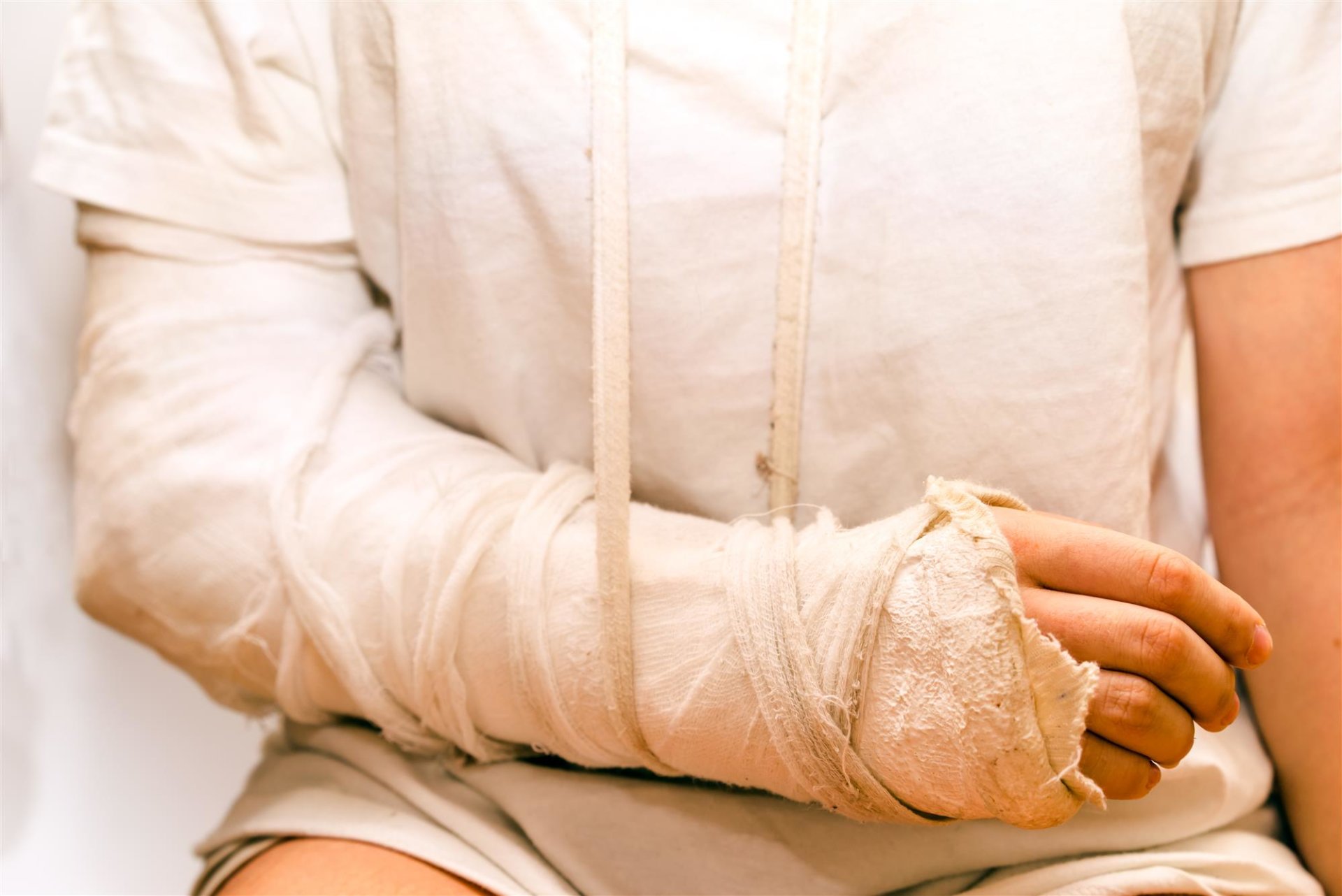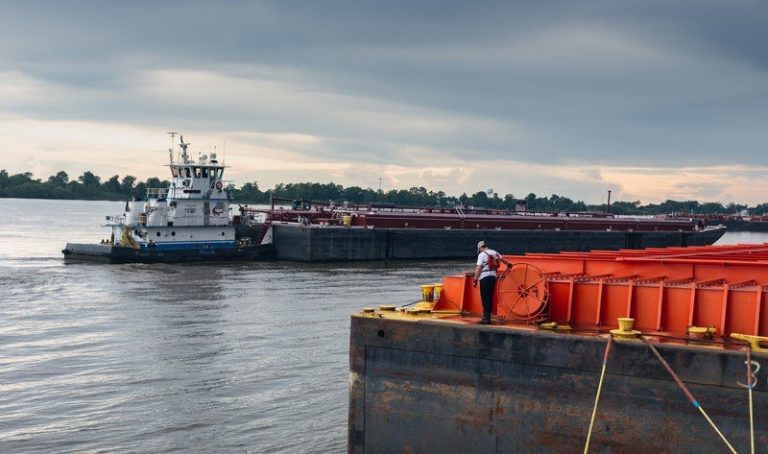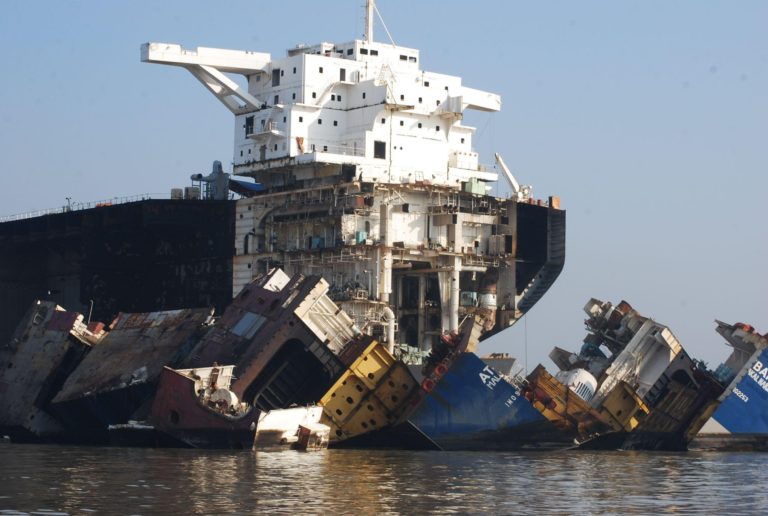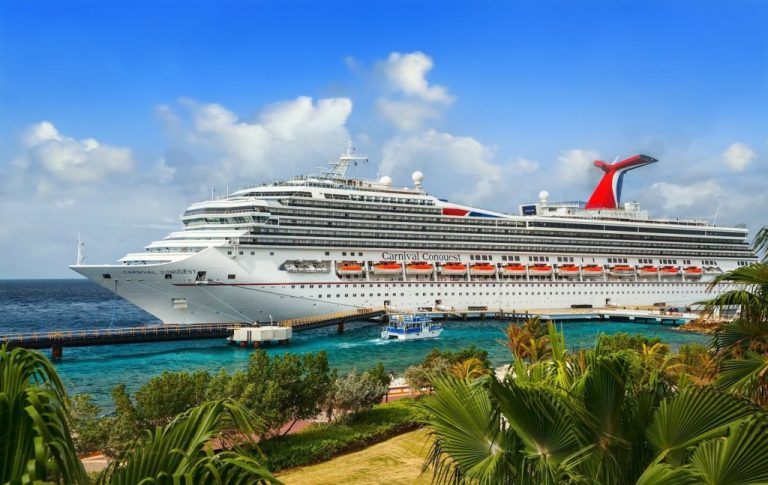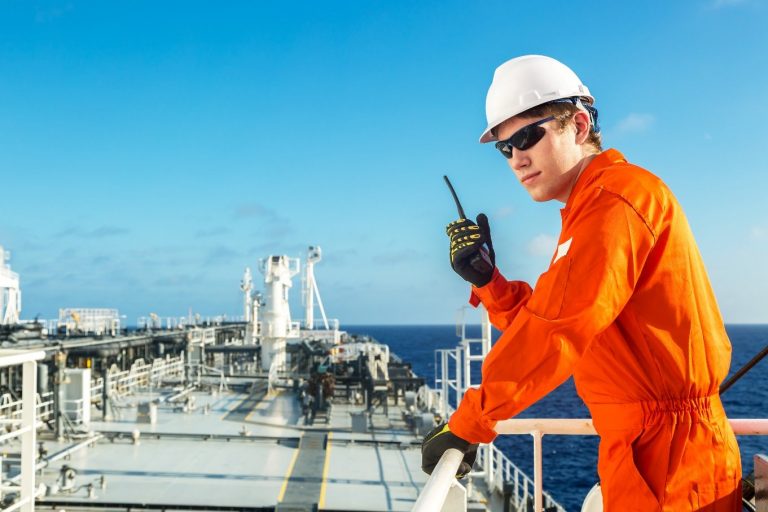Under the Jones Act, every worker who qualifies as a seaman is eligible to receive maintenance and cure payments after being injured. It doesn’t matter whether the employer or the seaman was responsible for the injury; the worker is still eligible.
What are maintenance payments? These are funds paid to an injured worker to cover his living expenses during recovery from an injury. This money is intended to cover rent or mortgage costs, food bills, utilities bills, travel bills and other day-to-day expenses. Cure payments are different. This money is intended to cover the seaman’s medical expenses — including doctor’s visits, medication costs and travel connected to medical treatments.
As soon as a seaman is injured, the maintenance and cure payments must begin. These are some of the fundamental rights of seamen. Workers can qualify for these payments until the state maximum medical improvement is reached. This is when the worker’s medical condition is not expected to improve any further.
No injured seaman must prove employer negligence to qualify for maintenance and cure payments. An injured seaman can, however, file a claim of negligence if he so desires, but there must be a basis for making such a claim. No claim of negligence is needed for maintenance and cure payments to start. They are required to be made regardless of responsibility for the worker’s injuries.
The maritime law lawyers at Maintenance and Cure assist maritime workers who have been injured in accidents to recover compensation for their injuries. If you are a maritime worker whose employer is delaying or denying maintenance and cure payments, speak with one of our experienced maritime attorneys today.
Under the Jones Act, every worker who qualifies as a seaman is eligible to receive maintenance and cure payments after being injured. It doesn’t matter whether the employer or the seaman was responsible for the injury; the worker is still eligible.

